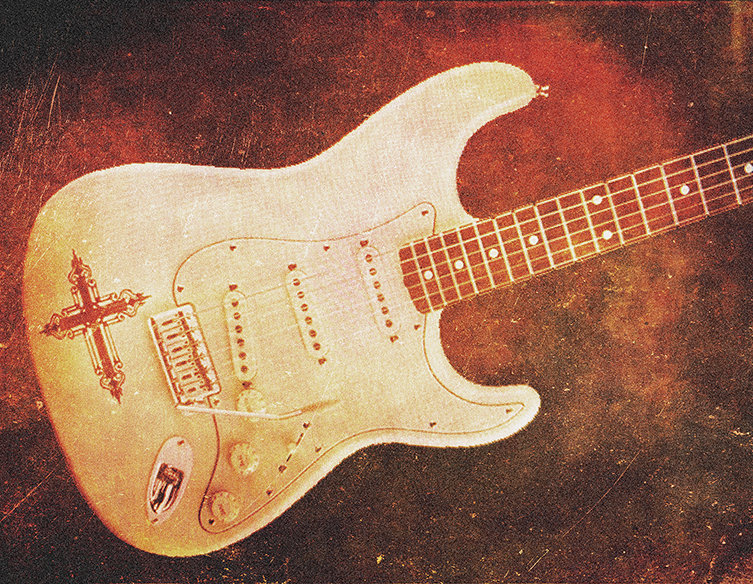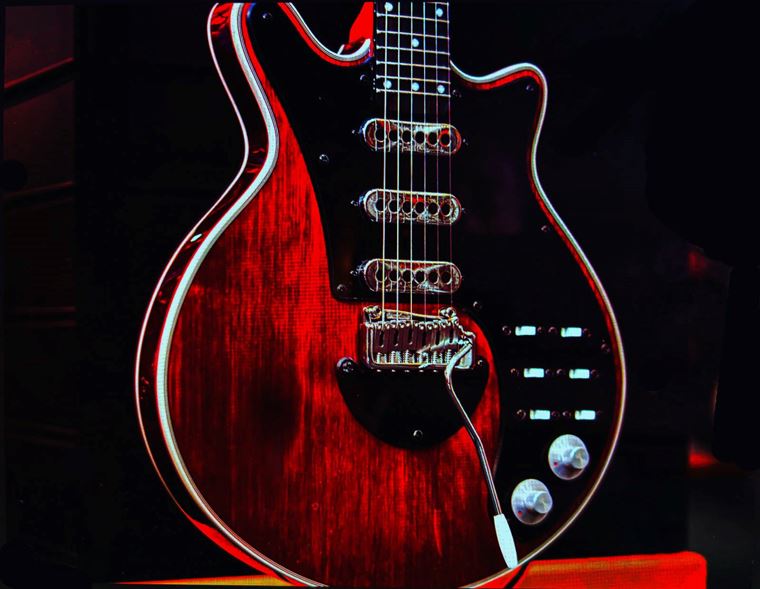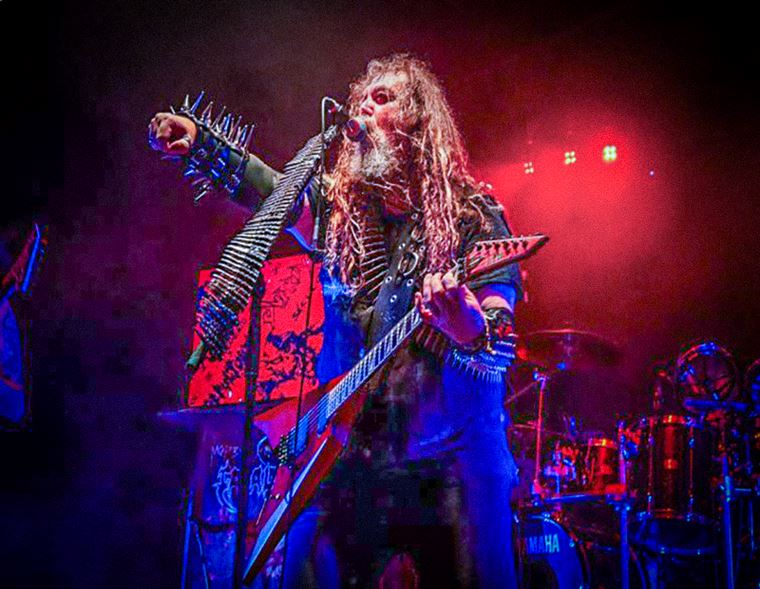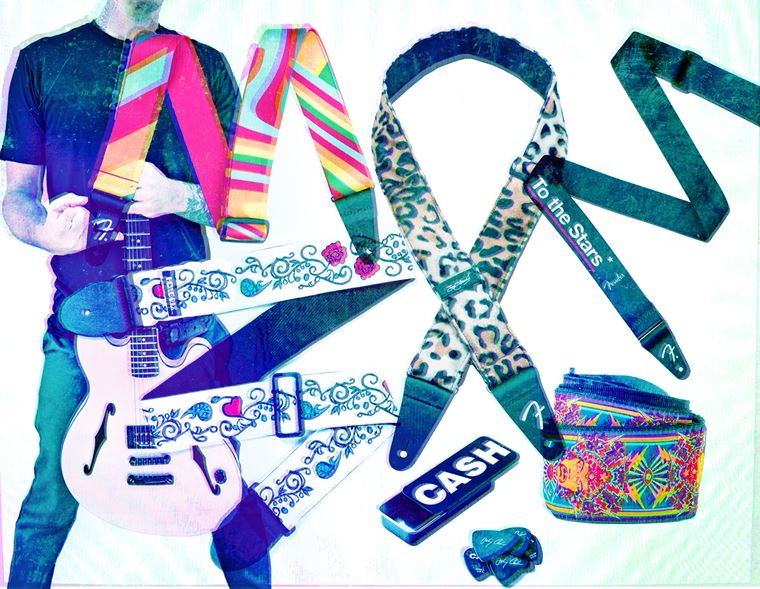When Rock Found Religion
Published on 19 February 2025
Rock music is, for many, a den of iniquity, poor behaviour and moral bankruptcy.
There are some downsides as well.
Today, I offer you a brief look at some notable musical stars who’ve turned to religion for various reasons. Some found themselves at a spiritual crossroads, others had more dramatic moments, and others still found life increasingly difficult to bear otherwise.

All featured artists seem to have enjoyed life better afterwards, which is certainly noteworthy, and none (apart from maybe Prince?) found their tunes suffering afterwards either.
With no judgement from me - more of an interested curiosity - I offer you seven times rock found religion…
Contents
Bob Dylan
Reclusive, elusive legend Bob Dylan has led a mercurial life indeed. The more people learn about Bob, the less they feel they know him, and that’s maybe central to his enduring enigma.
One thing we do know, though, is that he became a Christian at some point in 1979. Some attribute it to surviving a motorcycle crash, but if she was the reason then it took him some time to make up his mind, since the crash occurred 3 years earlier!
Nevertheless, Bob became evangelised and wanted to spread his good message to producer Jerry Wexler, who was obliged to remark: “Bob, you’re dealing with a 62 year old Jewish atheist. Let’s just make an album”.
Dave Mustaine
Megadeth mastermind and famously angry man Dave Mustaine has found (slightly more) inner peace through Christianity. Here’s the fiery frontman’s reasoning:
“After being baptised as Lutheran and brought up as a Jehovah’s Witness, then getting into witchcraft, black magick and Satanism, where else do you go?” he chuckles. “One day I found myself looking at a cross and decided I had nothing to lose. And so far my life has been profoundly different. In what way? Well, before when I got pissed off I’d assault people. Now I go, ‘Grrrrr’ and keep it inside.”
It’s a good attitude to take I suppose, even if it can lead to some fairly intolerant moments:
“I have my faith and my health, and I won’t play with Satanic bands,” Mustained remarked in relation to issuing a no-show ultimatum to a festival in Athens unless Rotting Christ, a band who aren’t Satanists, were given the heave-ho from the event. A minor detail.
I said ‘slightly more’ inner peace earlier, because the anger that drove Mustaine to success still bubbles over from time to time, as he admits himself: “Being the good guy is fun, but you never know when the villain inside will burst out again. Put it this way: People that deserve black eyes still get them.”
Noted!
Cat Stevens
Acoustic troubadour Cat Stevens was accidentally drowning off the coast of Malibu in the 70s, when he found himself calling out to God to save him. After surviving his ordeal, he converted to Islam, and changed his name to Yusuf Islam. So it has been since. The singer put himself in a bad light when he appeared on TV condemning author Salman Rushdie and calling for his death, due to the whole affair with The Satanic Verses. He held this position for decades before backtracking and saying that he was only joking, clarifying on a 202 episode of Desert Island Discs:
“I was cleverly framed, I would say, by certain questions, where I couldn’t for instance rewrite the 10 Commandments. You can’t expect me to do that. At the same time I never actually ever supported the fatwa”.
Brian ‘Head’ Welch
Korn’s co-guitar mangler Head found himself in a classic situation of rock star excess, addiction and despair when his band found the big time to be somewhat different to expectations. On top of this, there were unresolved issues from childhood bullying that contributed to his unraveling mental state.
Heading to a bad place fast (we’re talking uninterrupted meth use for over 700 days), Welch had dreams that led him on a path away from drug abuse and towards Christianity. Welch actually left Korn in 2005, and didn’t return to the band until seven years later.
Nowadays he is completely sober and holds prayer meet-ups after Korn gigs. His story is documented in a series of autobiographical books, beginning with Save Me From Myself.
George Harrison
Beatle George had perhaps the most public religious conversion of all musicians. His religious change occurred mid-career with the Beatles, when Harrison found serenity through yoga, Transcendental Meditation and, let’s be honest, LSD.
You can hear Harrison’s Eastern influence in loads of the Beatles’ music, and more so in his subsequent solo career. Was he the subtle spiritual leader of the band? He was the quiet Beatle, but I have a feeling his influence was strong with the rest of the Fab Four.
Run (of Run DMC)
Run DMC rapper Joesph ‘Run’ Simmons underwent a conversion to Christianity, and actually went as far as becoming a full-on minister, using the on-brand name Reverend Run.
The rap pioneer found God through the band’s spiritual advisor E Bernard Jordan. Jordan named Simmons ‘Protoge of the Year’ in 2004, and was given a Rolls Royce in return.
Rev Run has released solo records, appeared on TV shows and worked with community programs since becoming ordained.
Prince
Multitalented musical icon Prince was as famous for his voracious offstage appetites as he was for his inarguably great tunes. That was, up until he became a Jehovah’s Witness, converting in 2001 after spending two years debating the subject with bass legend Larry Graham. In Prince’s words, it was “like Morpheus and Neo in The Matrix”.
In fact, Prince was always a religious person, and alluded to as much throughout his life’s work. He regarded his conversion to JW as being more of a ‘realisation’, which sounds fair enough.
Religion in Rock
In a way, religion has always been in rock music. From old-school fire-and-brimstone revivals in the wild west to crazy evangelical ministers holding court like demented rock stars, there has been a showbiz element to many religious events since forever.
And if music is at least partly about seeking answers, then I suppose it makes sense that those asking such questions - our rock musicians - will be looking for answers everywhere, particularly in spiritual matters. Those are the biggest questions we have, after all.












